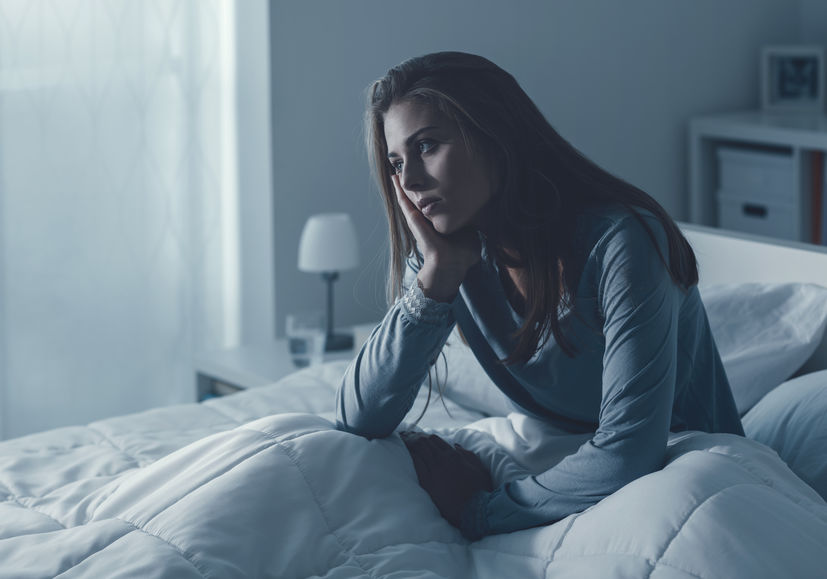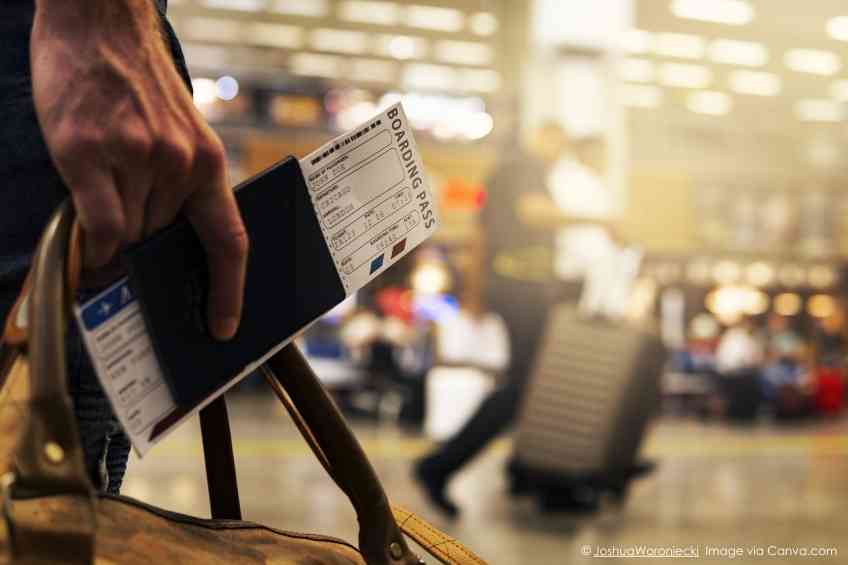By Sean Zucker –
Over a month into the national lockdown, the societal and personal consequences just keep on piling up. With the shutdown of all nonessential businesses, unemployment has skyrocketed and the economy has cratered. The lockdown, however, may be affecting more than bank accounts. Quarantining all nonessential personnel indoors has led to a whole lot of people feeling stir crazy. Science is now warning us that this restlessness can have far reaching and be dangerous consequences. Studies have shown that prolonged isolation and lack of outside activity can have a profound effect on a person’s quality of sleep and mental health.
In the best of times, 30—35 percent of people suffer acute or short-term insomnia, Donn Posner, president of Sleepwell Associates and an associate professor at Stanford University School of Medicine told a recent Harvard University forum on pandemic sleep issues. Unfortunately, right now people are facing a “perfect storm of sleep problems,” which is driving that percentage and its related consequences way up, he warned.
Whether quarantined with family, friends or entirely alone, social distancing is making people feel lonelier than ever. And that is a problem. An American Academy of Sleep Medicine study found that feelings of loneliness disrupt healthy sleep patterns, therefore unleashing a brigade of negative consequences on wellness. Just about every system in the body is corrosively impacted by sleep deprivation. The central nervous, immune, respiratory, digestive, and cardiovascular systems all depend on sufficient sleep to properly operate and recover. Without it, problems not only develop, they escalate.
The issue becomes more dire because the relationship between loneliness and sleep is a 2-way street. In 2018, a Nature Communications study found that loneliness and isolation not only negatively impact sleep, but that the reverse is true as well. A lack of sleep can markedly increase feelings of loneliness and the desire to socially isolate oneself. The combined result is a self-reinforcing cycle of fatigue, social separation and withdrawal. The study also highlights the innate desire of people to socialize, suggesting removing their ability to do so has an adverse influence on their capacity to function.
The Sleep Foundation underscored the dangerous impact of this cycle by suggesting people with a sleeping disorder may be up to ten times more likely to develop depression than those who sleep well. It’s an uneasy reality in this time of quarantine given the various other effects isolation itself can have on a person’s psyche.
Health.com claims by not getting out enough or even remaining inside all day, general motivation to perform daily tasks will begin to dwindle, such as the urge to exercise, maintain good hygiene or clean the house. These behaviors have the ability to lead to more aggravation in a confined space, creating a further unsettling feeling.
The term “cabin fever” gets playfully thrown around a lot these days, but it is a very real condition. Isolation can genuinely alter a person’s sanity and personality. According to healthline.com, this condition may manifest itself with heightened irritability, lack of patience or difficulty concentrating. It also can develop into restlessness, hopelessness or a complete distrust of those close by.
Beyond the mental effects of being cooped up all day, there are material consequences from not seeing the sun. The sun, after all, is the ultimate provider of Vitamin D, which is necessary in developing and maintaining a strong immune system. Limiting exposure, weakens a person’s ability to fight illnesses and viruses, possibly increasing their chances of contracting COVID-19.
Fortunately, there are simple steps to take to keep grounded during the lockdown. Maintaining a schedule with actionable goals and tasks can go a long way toward steadying a psyche and distracting a person from the lonely dread of seclusion. Remaining in contact with friends and family via phone calls and video chats also can help fulfill the need to socialize. It may also serve as a healthy reminder that everyone is in this lockdown together.












